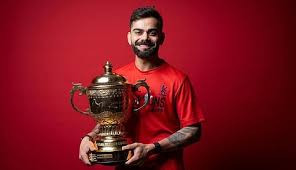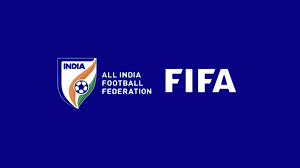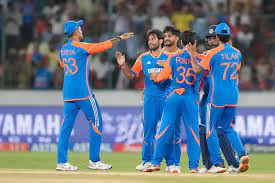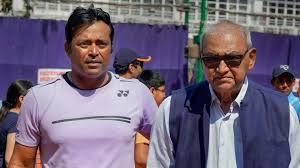Is Carlo Ancelotti Brazil’s First Foreign Coach? A Look Back at the History of Brazil’s National Team Managers
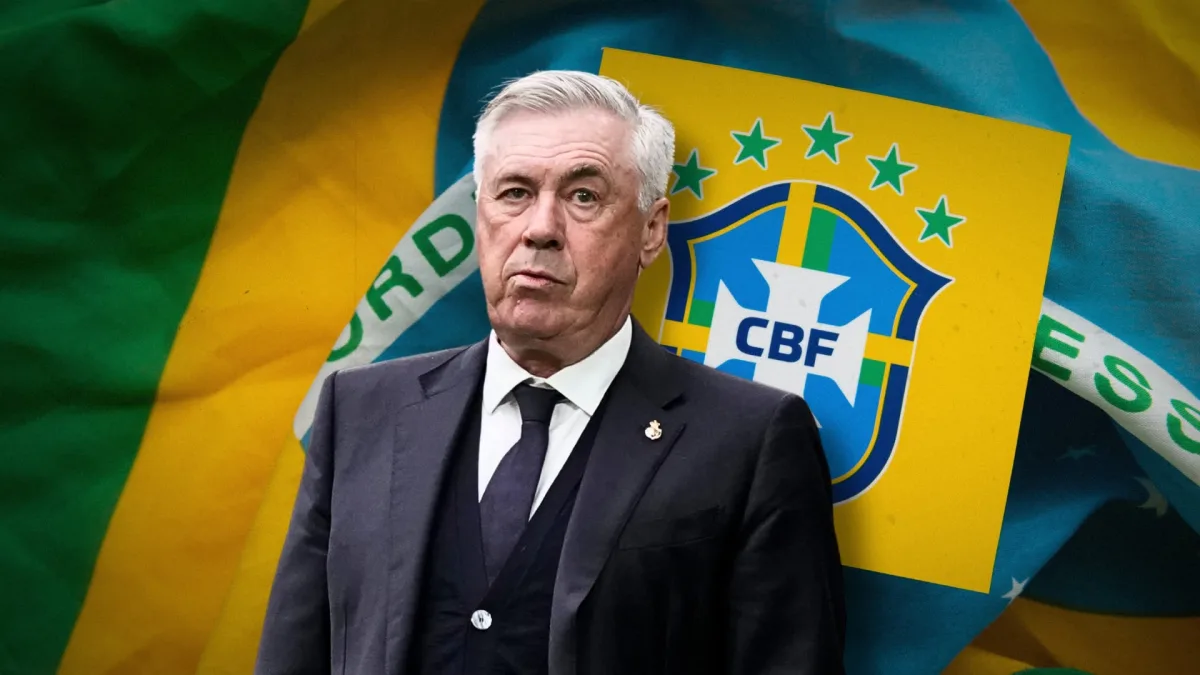
IIE DIGITAL DESK : Carlo Ancelotti’s recent appointment as Brazil’s head coach has sparked widespread discussion, with many asking: Is he the first foreign coach to lead the Brazilian national football team? To understand the significance of Ancelotti’s arrival, it is important to delve into Brazil’s coaching history and see whether history supports this claim.
Brazil, widely regarded as one of the greatest footballing nations, has a rich history of legendary players and coaches who have shaped the beautiful game. Traditionally, the national team has been coached primarily by Brazilian managers, whose deep understanding of the country’s football culture and style has been considered a key to success. However, the history of foreign coaches in Brazil’s football is more nuanced than many realize.
Carlo Ancelotti, an Italian football icon renowned for his successes at clubs like AC Milan, Real Madrid, and Chelsea, was appointed head coach of Brazil in 2025. His hiring marked a notable moment, as the Brazilian Football Confederation (CBF) sought to bring an international perspective to the team ahead of major tournaments like the World Cup and Copa America.
But is Ancelotti truly the first foreign coach to manage Brazil’s national team? Historical records show that Brazil has, in fact, been led by foreign coaches in the past—though such instances have been rare.
One of the earliest foreign managers was Hungarian coach Flávio Costa, who led Brazil during the 1950 World Cup and was known for modernizing Brazil’s tactical approach. Although Costa was naturalized Brazilian, he was born in Hungary and brought a European football influence. His tenure was marked by Brazil’s heartbreaking loss to Uruguay in the 1950 final, an event still deeply remembered in Brazilian football history.
Another notable example is the appointment of Brazilian-born coaches with foreign ties, reflecting the country’s multicultural football heritage. However, fully foreign-born coaches who were neither naturalized nor of Brazilian descent have been exceptional cases.
Brazil has maintained a tradition of appointing homegrown coaches, often former players or domestic league veterans, to preserve the national football identity. This approach has contributed to Brazil’s sustained success on the international stage, including multiple World Cup victories.
The trend of hiring foreign coaches has gained some momentum as the global game evolves. Countries across the world now welcome international expertise to blend different tactical philosophies. Brazil’s decision to hire Ancelotti fits into this global pattern, signaling a strategic move to incorporate European managerial experience into the Seleção’s setup.
Ancelotti’s extensive experience managing top European clubs, his tactical flexibility, and his reputation for managing star players could provide Brazil with new insights and leadership qualities. This marks a shift in Brazilian football’s traditional approach, reflecting an openness to international methods in pursuit of further glory.
While Ancelotti may not be the absolute first foreign-born coach Brazil has ever had—given historical exceptions—he is certainly among the very few in recent history, making his appointment a significant milestone. His tenure will be closely watched to see if his international pedigree can blend seamlessly with Brazil’s unique footballing culture.
History suggests that Brazil has rarely appointed fully foreign coaches, with most of its national team managers being Brazilian or naturalized. Carlo Ancelotti’s appointment is notable because it represents a rare instance of a high-profile, internationally renowned coach taking charge, breaking a long-standing tradition. Whether this decision pays off in terms of results remains to be seen, but it undeniably opens a new chapter in the history of Brazil’s football leadership.
You might also like!







